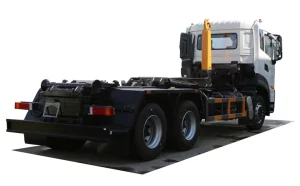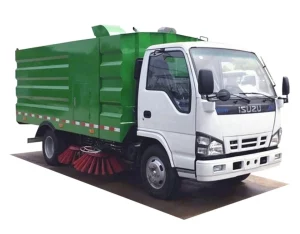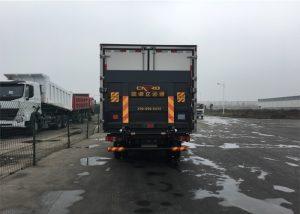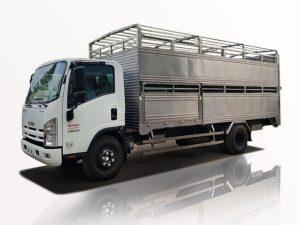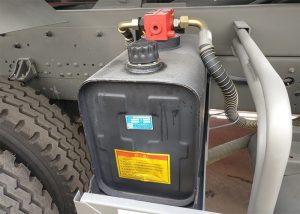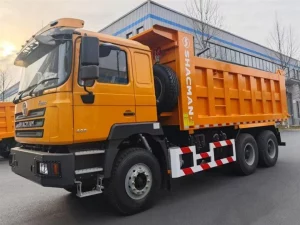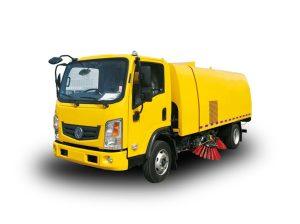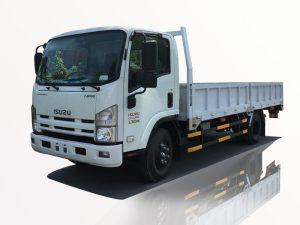Monday to Saturday - 8:00 -17:30
Large Wreckers for Sale: A Complete Guide
When it comes to heavy-duty vehicles, large wreckers play a crucial role in towing and recovery operations. Whether you run a transport business or need a wrecker for personal use, understanding the market and features of large wreckers is essential. In this article, we will explore the different aspects of large wreckers for sale, including types, buying tips, and popular models.
Understanding Large Wreckers
What is a Large Wrecker?
A large wrecker is a heavy-duty towing vehicle designed to recover and tow larger vehicles that may have broken down or been involved in accidents. These vehicles are equipped with powerful engines, winches, and various towing setups that allow them to handle massive weights safely.
Types of Large Wreckers
- Single Rear Axle Wreckers: Best for smaller towing jobs and urban settings.
- Dual Rear Axle Wreckers: Suitable for heavier loads and ideal for highway towing.
- Multi-Vehicle Wreckers: Designed for transporting multiple vehicles simultaneously.
Features of Large Wreckers
Large wreckers come with a variety of features tailored to enhance towing efficiency:
- Powerful Winches: Allow for safe lifting and towing of heavy vehicles.
- Towing Arms: Extendable arms that provide stability during towing.
- Flatbed Options: Offer a surface for transporting vehicles flat on the bed.
Where to Buy Large Wreckers
New vs. Used Wreckers
One of the first decisions to make is whether to buy new or used wreckers. Here are some pros and cons of each:
| Type | Pros | Cons |
|---|---|---|
| New Wreckers | Latest features, full warranty, higher reliability | Higher cost, depreciates faster |
| Used Wreckers | Lower cost, slower depreciation | Possible wear and tear, limited warranty |
Online Marketplaces
Many platforms sell large wreckers, including:
Factors to Consider When Buying a Large Wrecker
Budget
Establishing a budget is crucial. In addition to the initial purchase price, consider maintenance, fuel, and insurance costs.
Purpose and Usage
Think about what you will use the wrecker for. Will you be towing cars primarily, or will you require it for larger vehicles such as buses and trucks?
Features and Specifications
Look for wreckers with features that match your needs. Important specifications include:
- Weight capacity
- Engine power
- Transmission type
Popular Large Wreckers on the Market
Ford F-Series Super Duty Wreckers
Known for its reliability and towing capacity, the Ford F-Series is a popular option among large wrecker buyers.
Freightliner M2 106 Wreckers
The Freightliner M2 series offers excellent maneuverability and fuel efficiency, making it a top choice for many towing companies.
International MV Series Wreckers
International MV series wreckers are built for durability and can handle heavy loads with ease.
Maintenance Tips for Large Wreckers
Regular Inspections
Conduct regular inspections to ensure all mechanics and hydraulics are functioning correctly. Check the winches, towing arms, and braking system.
Fluid Levels
Regularly check and replace fluids, including oil, transmission fluid, and brake fluid, to keep the wrecker in optimal condition.
Tire Care
Tires should be inspected for wear and pressure regularly. Proper alignment and rotation will prolong tire life.
Financing Options for Large Wreckers
Loans
Many banks and credit unions offer loans for purchasing heavy-duty vehicles. Always shop around for the best interest rates and loan terms.
Leasing
Leasing can be a cost-effective way to operate a wrecker without a massive upfront cost. Be sure to read the fine print on mileage limitations.
Insurance for Large Wreckers
Types of Coverage
Consider different types of insurance coverage, including:
- Liability Insurance: Covers damages if your wrecker causes an accident.
- Collision Insurance: Covers damages to your wrecker in an accident.
- Comprehensive Insurance: Covers damages from non-collision events such as theft or natural disasters.
Finding the Right Insurance Provider
Shop around and compare policies from several providers. It’s important to understand what’s included and excluded from coverage.
Tips for Selling a Large Wrecker
Preparing Your Wrecker for Sale
Ensure your wrecker is in top condition. Clean it thoroughly, fix minor repairs, and gather all maintenance records.
Effective Marketing Strategies
Utilize online platforms, local classifieds, and social media to reach potential buyers. High-quality photos and a detailed description will attract more inquiries.
Setting the Right Price
Research the market to determine a fair price. Consider the wrecker’s age, condition, and any modifications made to it.
Frequently Asked Questions (FAQs)
1. What is the average cost of a large wrecker?
The cost of large wreckers can range from $30,000 to over $100,000 depending on the brand, model, and features.
2. How do I know what size wrecker I need?
Consider the vehicles you will be towing. A wrecker with a higher weight capacity is ideal for larger vehicles like buses or trucks.
3. Are there specific licenses required to operate a large wrecker?
Yes, specific licensing may be required depending on local regulations. Check with your local authorities.
4. What is the lifespan of a large wrecker?
With proper maintenance, a large wrecker can last anywhere from 10 to 15 years or more.
5. Can I finance a used large wrecker?
Yes, many lending institutions offer financing options for used heavy-duty vehicles.
6. How often should I perform maintenance on my large wrecker?
It’s best to perform general maintenance checks every 5,000 miles or every six months, whichever comes first.


